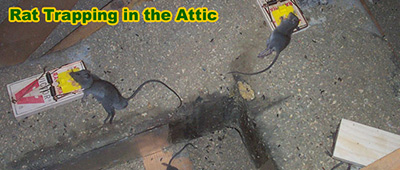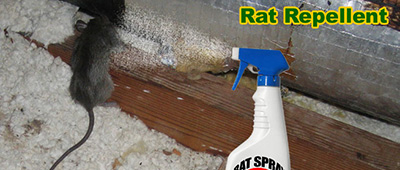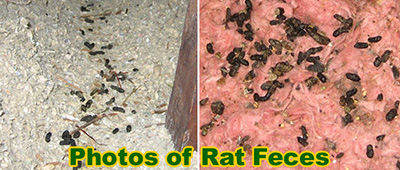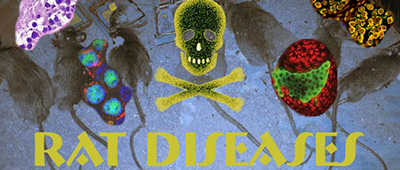Having a rat running around your home might not seem like much of a big deal at the time, but once you start looking at
the diseases these rats can spread to humans and other animals, you may rethink things a little. Rats running around anywhere
are a danger to human life and the rest of the environment are dangerous, and this is because their urine often contains many
things, a disease threat being just one of them.

In February 2017, The Washington Post published a story about three people who fell seriously ill with cases of leptospirosis, and one of those three patients died. Leptospirosis is not an entirely made up disease, despite what it may sound like, but instead is a very serious bacterial infection that could prove fatal, just as this news story suggests. Cases of this disease are rare, particularly the spread of the disease from rats to humans, but cases are on the increase, just as the population of rats increases. For the most part, human victims who are fit and healthy will suffer no symptoms at all, but for those who do suffer, usually those with an already weakened immune system, the young, or the elderly, symptoms will start to appear in just a few days. The symptoms don't make the disease easy to diagnose, however, as early signs are often very much the same as those that come hand in hand with the common cold and flu. These include fever and chills, headaches and muscle pain, diarrhea, vomiting / nausea, and in very serious cases, kidney and liver damage which can then cause death. As you can imagine, the disease is quite hard to diagnose, particularly with those flu-like symptoms, which means that medication isn't usually offered until a few weeks later - when the flu-like symptoms do not go away and instead get a lot worse. It is at this stage that you can find yourself with kidney and liver problems, and also at the stage at which the disease itself could become potentially life-threatening.
Leptospirosis is not the only disease that a rat can pass on via its urine, but it's definitely one of the most important ones to watch out for. You will not be able to tell from a rat, or the state of its urine, whether or not the rat is infected, and considering there are a large number of diseases that come hand in hand with these rodents, you won't know which disease the rat actually has. Only veterinary testing would be able to tell that, and it's not like you'll be able to take your wild rat to the vet to find out. The only way you would know whether or not that rat has infected you with something is to seek medical attention.
If you have recently been in contact with rats and found yourself feeling under the weather, or like you are coming down with something, it might be worth mentioning the two situations to a medical professional. Leptospirosis is rare, but it's one of the dangerous disease that are causes by rat urine.
Go back to the Rats in the Attic home page.
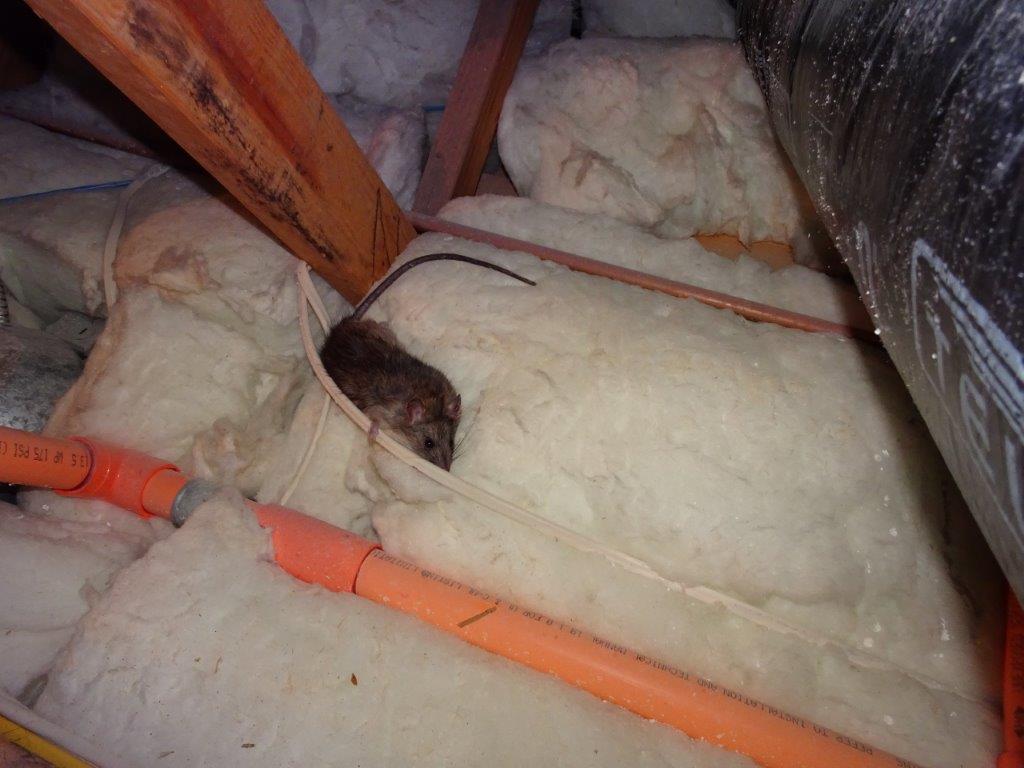
After you have dealt with a rat infestation you are probably thinking that you have dealt with the most dangerous part of the process. After all, with no living animals, there shouldn’t be anything left that can harm you, right? Wrong.
Rats will leave behind a host of microorganisms in their nesting material, their feces, and their urine. In fact, there are a number of diseases that you can catch just from spending time around rat urine specifically, and not just when it is still a liquid. The life in the urine will stick around long after it has dried and become a stain of uric acid crystals on the floor of your attic or walls.
These diseases are:
- Hantavirus
- Hemorrhagic Fever
- Lassa Fever
- Leptospirosis
- Lymphocytic Chorio-Meningitis
- Arenaviruses
- Tularemia
While often these diseases will be mild and easy to deal with by the use of modern medicine, in other cases they can leave you in horrific condition and can even lead to your death. Because of this, there are some fairly strict procedures you must follow any time you want to work in an area that has been contaminated by rat urine.
The first and most absolutely necessary piece of protective equipment you will need is some form of a respirator or filtration mask. If you are attempting to clean up dried rat urine it will inevitably find its way into the air. The particles of the dried urine are incredibly fine and will float in the air, carrying whatever illnesses come with it. The mask you wear will filter these out. Please note that it is not enough to wear something like a bandana or other cloth mask. While these can block some larger particles, they will not do much in preventing any of these illnesses from entering your body.
The next piece of protective equipment you should get is gloves. Even if you wear a respirator and are careful not to inhale any airborne urine, you may still be carrying it around on your hands. If you are not practicing the level of hygiene needed you will end up contaminating other objects and food around your home where you and others could become sick. Disposing of gloves after using them for work should help limit this type of exposure, along with washing your hands properly.
You may also want to consider wearing some type of eye protection to limit the number of particles that could enter your body through your eyes, and possibly even a pair of coveralls to wear while you work. By using these forms of personal protective equipment you should be able to limit your exposure to any serious illness that can be caused by exposure to rat urine.


